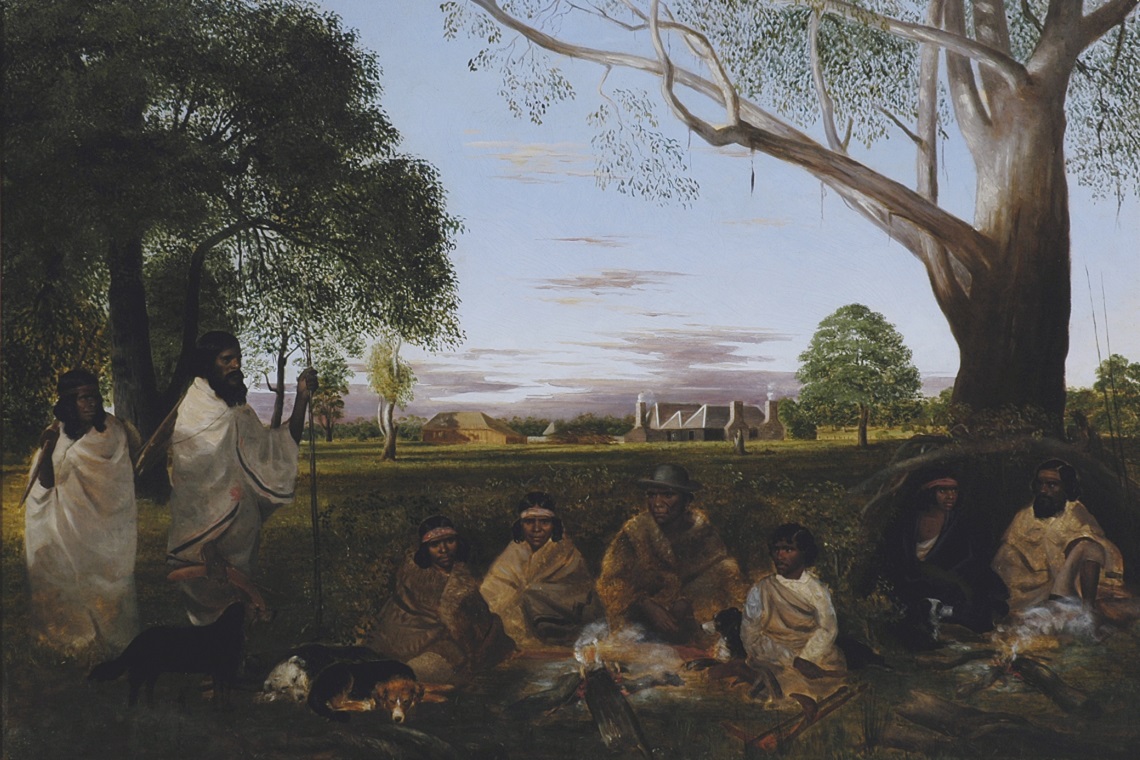 The significance of the possum skin cloak to the cultural identity of south-eastern Aboriginal communities will be highlighted in a forthcoming interactive event at Warrnambool Art Gallery.
The significance of the possum skin cloak to the cultural identity of south-eastern Aboriginal communities will be highlighted in a forthcoming interactive event at Warrnambool Art Gallery.
Belonging Cloaks, organised by the gallery as part of Education Week (May 21-May 27), seeks to explore the integral role this culturally significant item of clothing played in Aboriginal cultural heritage beyond the functional elements of protection and warmth.
The event references the work of local Aboriginal artist, Melissa Aitken, who used the possum skin cloak made by her ancestors as inspiration for her artworks in an earlier exhibition at the gallery. Students will be encouraged to discuss how this item of clothing is inextricably linked to a sense of belonging and place.
The gallery's education officer, Aimee Board, will conduct the sessions with Gunditjmara Elder, Robbie Lowe Senior.
In line with the Education Week theme, 'Healthy Mind, Healthy Body', Aimee will begin each session with a talk about the importance of belonging and respect in building healthy minds.
Robbie will bring a possum skin to show to the students, and to illustrate its importance in shaping Aboriginal cultural identity and the communities' history of contact with European settlers.
The possum skin cloak – which typically comprised several pelts sewn together with kangaroo sinew – was ubiquitous throughout south-eastern Australia. It was used as baby carriers, coverings at night, ceremonial rituals, and for burial.
The underside of the pelts were often decorated with important images, stories and narratives. In essence, each cloak mapped the identity of its owner, charting their distinctive journey across time, place, heritage and community.
When the cloaks were forcibly removed by British settlers in the mid-1800s and replaced by inferior woven blankets, it created a rupture of continuity within those journeys.
'The removal of the cloaks from Aboriginal people and the resultant rupturing of relationships highlights what can happen when we don't respect cultural identity,' says Aimee.
'The possum skin cloaks are really significant to the people of south-eastern Australia and the people of Gunditjmara land here in south western Victoria,' she says.
'Melissa's work raises awareness about the history of the ancestors and their first contact with European settlers. The settlers' interest in the cloaks as a collectable item, their removal and replacement with woollen blankets, in effect removed the identity of the Aboriginal communities, and impacted the way Aboriginal people passed on their oral history from generation to generation.'
'Melissa highlighted that gap in terms of cultural heritage. WAG's Education Week activity provides an opportunity to continue such an important conversation about respecting everyone's unique identity.'
Students at the event will create their own symbolic pelt on paper. The pelts will be placed together to form a cloak, which they can take back to their class, as part of a collaboration.
'A healthy mind is central to forming a sense of purpose,' says Aimee. 'Everyone needs to feel as though they have a place where they belong in the community.
'For every young person we hope that sense of belonging begins at home; and is experienced at school, and then carries on to a position in life which is forever respected.'
Warrnambool Art Gallery will offer twelve sessions of Belonging Cloaks at 26 Liebig Street, Warrnambool; May 23-26, 9.30am-11am, 11.30-1pm and 1.30pm-3pm.
For more details on the gallery event, see: Create a whole class 'Belonging Cloak' at Warrnambool Art Gallery
For more details on Education Week, see: Education Week